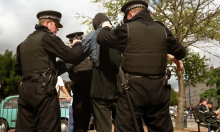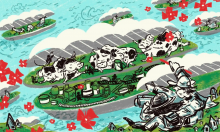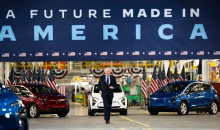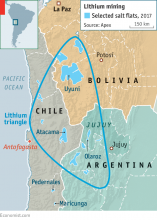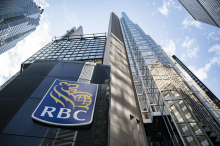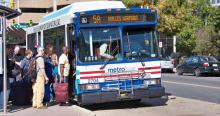January 18th 2023
The new year opened with a significant step forward for Canadian climate policy as the Glasgow Statement takes effect. Canada signed onto the policy, which promises to end international public support for the oil and gas industry, with an accompanying pledge to tackle the much higher domestic support for the industry by mid-2023.
